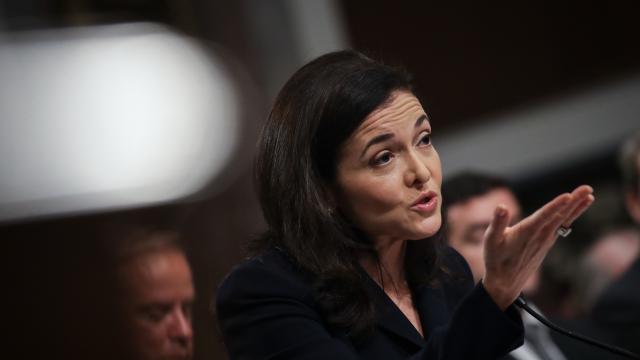Why did it take a lawsuit, multiple investigations, and three years of promises for Facebook to change its ways?
After an 18-month court battle and years of fierce criticism, Facebook says it will stop allowing housing, jobs, and credit advertisers to show ads to only users of specific races, genders, or age groups, the company announced on Tuesday.
Facebook did not do this without putting up a fight. The new policy came as part of a “historic” lawsuit settlement with “leading civil rights organisations” including American Civil Liberties Union, the National Fair Housing Alliance, and the Communications Workers of America, as Facebook weirdly described it.
The social media company will also pay less than $7 million as part of the settlement, according to a report in the New York Times.
“One of our top priorities is protecting people from discrimination on Facebook,” chief operating officer Sheryl Sandberg said in her company blog post. “Today, we’re announcing changes in how we manage housing, employment and credit ads on our platform. These changes are the result of historic settlement agreements with leading civil rights organisations and ongoing input from civil rights experts.”
It’s a baffling response from a company that just spent over a year fighting the lawsuit that ultimately cost it millions of dollars. Sandberg went on to thank the groups that sued Facebook for “showing leadership” and promised, as is Menlo Park tradition, that the company is “committed to doing more.”
“As the internet—and platforms like Facebook — play an increasing role in connecting us all to information related to economic opportunities, it’s crucial that micro-targeting not be used to exclude groups that already face discrimination,” ACLU senior staff attorney Galen Sherwin said in a statement.
“We are pleased Facebook has agreed to take meaningful steps to ensure that discriminatory advertising practices are not given new life in the digital era, and we expect other tech companies to follow Facebook’s lead.”
The changes to Facebook’s platform will be carried out by the end of 2019, according to the company. Expect critics and industry observers to watch closely, however, because years of promises and investigations have, let’s say, strained trust in Facebook’s ability to not completely bork things further.
A ProPublica investigation in 2016 first uncovered the controversial discriminatory ads practice. Facebook said it would end the practice, but a 2017 ProPublica investigation found the same thing.
In 2018, Facebook signed an agreement with Washington state to retool its ad platform — yet another promise to fix its discriminatory ad problem.
While Facebook has said it’s never seen the kind of discriminatory behaviour critics are worried about, ProPublica found dozens of examples in a different 2017 report and then even more examples in a follow up 2018 investigation.
Is today’s promise to change any different?
